“Last week, I bought 1 tael of gold ring at Bao Tin gold shop on Ngoc Hoi street (Thanh Tri, Hanoi). The shop owner asked me to show my ID card. I felt uncomfortable because I thought this request should only be made to customers who buy in large quantities,” said Mr. An, who lives in Hoang Mai district, Hanoi.
But earlier this week, when he went to another store, Mr. An was also asked by the store staff to show his chip-embedded citizen identification card and personal phone number. "When I asked carefully, the store said this was a new regulation," he said.
An employee at Bao Tin gold shop on Ngoc Hoi street (Thanh Tri, Hanoi) said that regardless of how much or how little they buy, customers still have to present their ID card and provide their phone number. This regulation has been in place since May and "was announced on TV".
Speaking with VietNamNet , representatives of some gold shops said that collecting customer information is to comply with anti-money laundering regulations of authorities.
In reality, in the current gold market, not only with SJC gold bars but also when buying plain round rings or Thang Long dragon gold rings, customers are also required to provide their phone number and citizen identification number.
"We require customers to provide a phone number and present their ID card when buying gold, regardless of whether they are buying a large or small quantity, even if they are buying plain gold rings," said a store representative.
Depending on the store, the customer's ID number will be printed on the purchase invoice or saved in the system by the store.
For more information, the reporter contacted representatives of Doji Group and Bao Tin Minh Chau but both sides refused to respond.
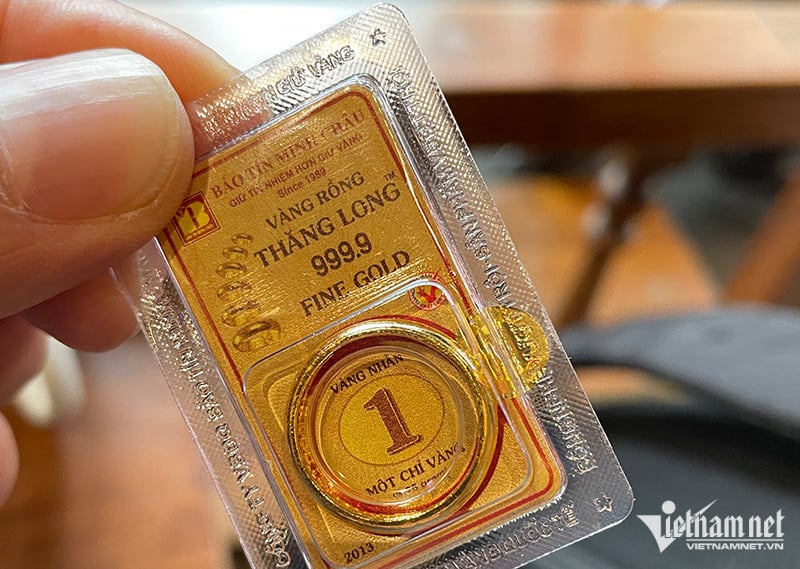
Still difficult to buy gold in the gold street
In the market, the price of gold rings is increasing rapidly. On August 2, a plain round ring in the Bao Tin gold chain was 7.7 million VND/tael, while the price of Thang Long Dragon Gold brand gold rings listed by the Bao Tin chain stores was 7.763 million VND/tael. However, many customers said they could not buy gold rings these days.
Ms. Hoa (Hanoi) said that on July 31, she could not buy gold because the store said "it was out of stock". "I needed to buy two taels of gold rings to pay off my debt, but when I went to Bao Tin Minh Chau, I was told that the gold was out of stock, while the creditor asked me to pay the exact gold brand, now I don't know where to buy it", Ms. Hoa said.
The sudden stop of gold shops selling gold rings has made many people restless because they have urgent needs, need to buy to pay off debts, or give to their children and grandchildren on the occasion of their wedding.
Ms. VTN (Hanoi) said that on July 30, she went to buy a gold ring as a wedding gift for her nephew and was surprised, not thinking that buying a gold ring would be so difficult. "When I went to Bao Tin Minh Chau store on Tran Nhan Tong street, the store promised to deliver the goods in the afternoon of the same day. When I came back in the afternoon, I was told to deliver the goods the next morning," Ms. VTN said.
Because she needed to buy soon, Ms. VTN continued to the Phu Quy Group store, also on the “gold street” Tran Nhan Tong. Here, she was asked to pay in advance and had to wait…. 10 days for the gold to be delivered.
"Buying gold rings as wedding gifts like in the subsidy period is so miserable," Ms. VTN could not hide her disappointment.
According to VietNamNet 's observations, the phenomenon of "hoarding" gold without selling it only occurs in shops on the street, while gold shops, including big brands, in the suburbs of Hanoi always have gold available for sale.
Regarding the issue of declaring information when buying gold, recently, the State Bank of Vietnam, Ho Chi Minh City Branch, said that every day, this agency will collect information on buyers and sellers of gold bars and transfer it to the police to detect suspicions of speculation. Information on buyers and sellers of gold bars is collected through the working group to ensure security of the gold market, recently established by the Ho Chi Minh City People's Committee.
Accordingly, the working group will collect and analyze information on the buying and selling situation, as well as inspect and examine establishments trading in gold bars and producing and trading jewelry.
A representative of Ho Chi Minh City Police Department will act as team leader, coordinating with relevant agencies to detect and handle suspicions of smuggling, speculation, profiteering, and causing instability in the gold market.
The deputy head is a representative of the State Bank of Vietnam, Ho Chi Minh City Branch, responsible for collecting and transferring to the police information about individuals who bought gold at SJC gold bar sales points and 4 commercial banks in the area.
The State Bank of Vietnam, Ho Chi Minh City Branch, will also study solutions and direct four commercial banks (Agribank, VietinBank, Vietcombank, BIDV) and Saigon Jewelry Company Limited (SJC) to detect suspicious individuals who are hired to buy and collect gold, and provide timely information to the police force.
The working group also includes representatives from the Anti-Money Laundering Department, tasked with verifying the source of money used to buy gold; the Market Management Department inspects businesses, handles violations and exchanges information with the police; the Tax Department monitors signs of tax evasion and gold smuggling.
Previously, since the implementation of selling gold bars directly to people from the beginning of June 2024, state-owned commercial banks required buyers of SJC gold bars to fully declare information on their identification documents.
In particular, large transactions over 400 million VND must supplement information on income, title of the buyer... to serve inspection work on anti-money laundering, money flow tracing...
Clauses 1 and 2 of Article 25 of the 2022 Law on Anti-Money Laundering stipulate: 1. Reporting entities are responsible for reporting to the State Bank of Vietnam when conducting large-value transactions that must be reported. 2. The Prime Minister decides on the level of large-value transactions that must be reported in accordance with socio-economic conditions in each period.
Article 3 of Decision 11/2023/QD-TTg stipulates: "The amount of large-value transactions that must be reported is from VND 400,000,000 (four hundred million dong) or more."
Source: https://vietnamnet.vn/mua-1-chi-vang-cung-phai-ke-khai-thong-tin-ca-nhan-hen-10-ngay-den-lay-2307046.html


![[Photo] General Secretary To Lam receives Japanese Ambassador to Vietnam Ito Naoki](https://vstatic.vietnam.vn/vietnam/resource/IMAGE/2025/4/3/3a5d233bc09d4928ac9bfed97674be98)
![[Photo] Prime Minister Pham Minh Chinh chairs meeting after US announces reciprocal tariffs](https://vstatic.vietnam.vn/vietnam/resource/IMAGE/2025/4/3/ee90a2786c0a45d7868de039cef4a712)
![[Photo] A brief moment of rest for the rescue force of the Vietnam People's Army](https://vstatic.vietnam.vn/vietnam/resource/IMAGE/2025/4/3/a2c91fa05dc04293a4b64cfd27ed4dbe)
![[Photo] Moment of love: Myanmar people are moved to thank Vietnamese soldiers](https://vstatic.vietnam.vn/vietnam/resource/IMAGE/2025/4/3/9b2e07196eb14aa5aacb1bc9e067ae6f)

![[Photo] Special relics at the Vietnam Military History Museum associated with the heroic April 30th](https://vstatic.vietnam.vn/vietnam/resource/IMAGE/2025/4/3/a49d65b17b804e398de42bc2caba8368)


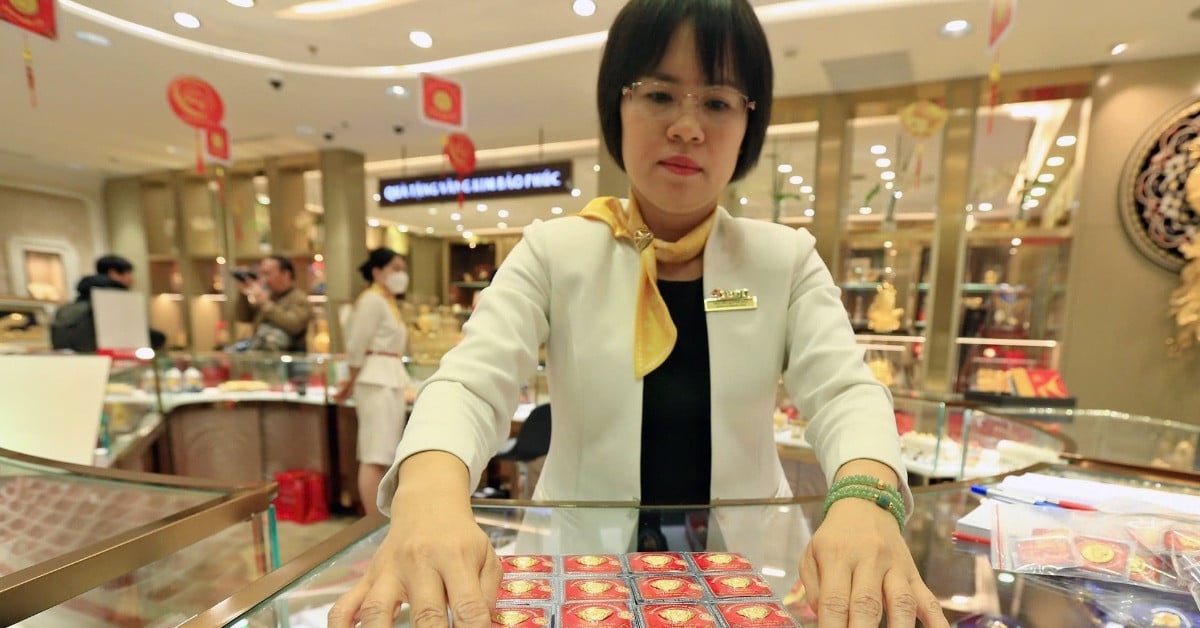
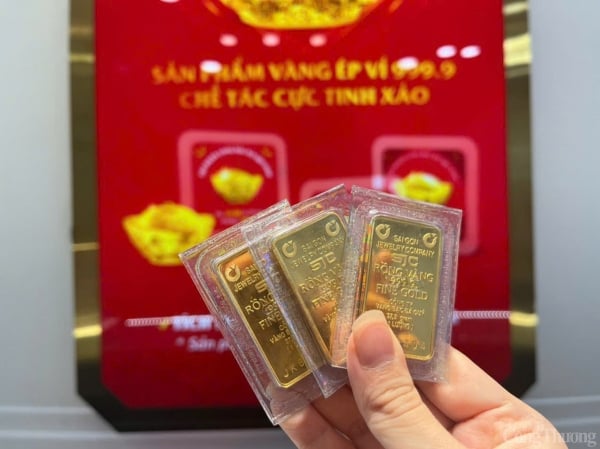

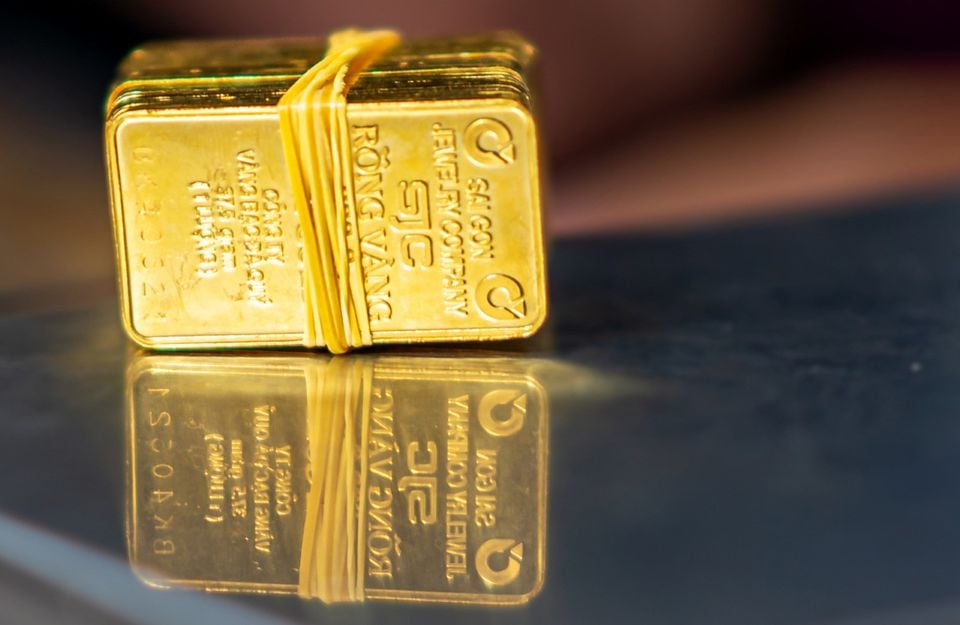


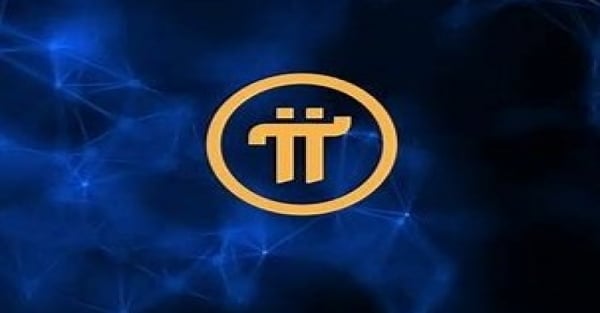
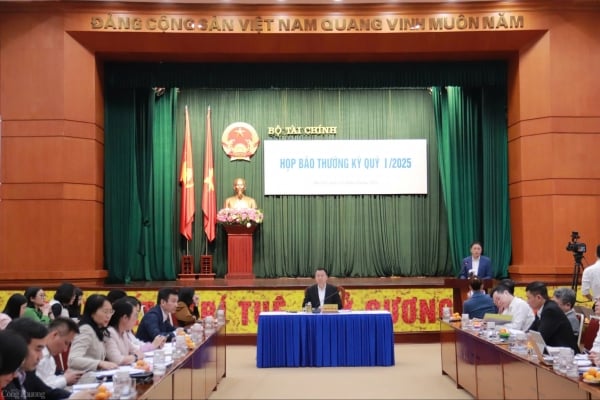
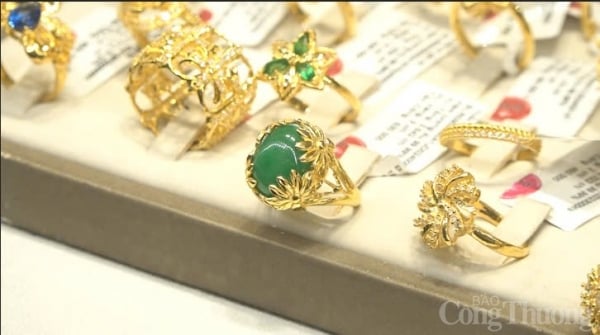

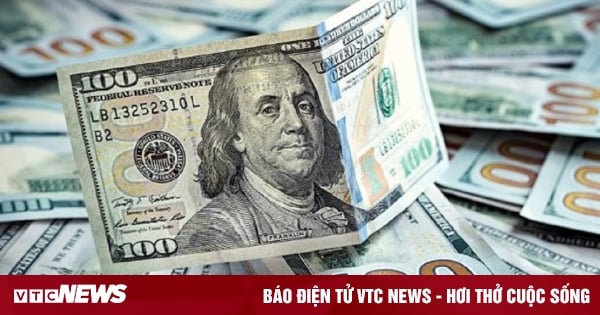
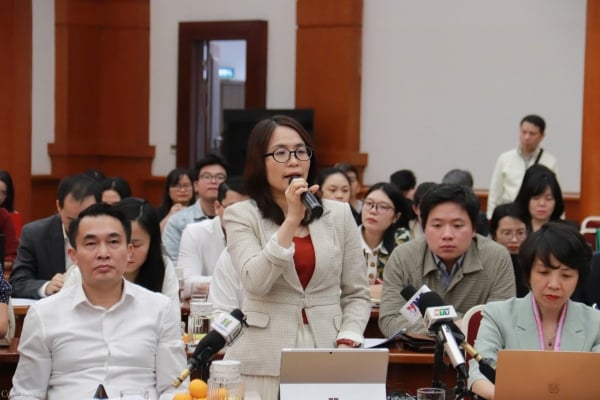








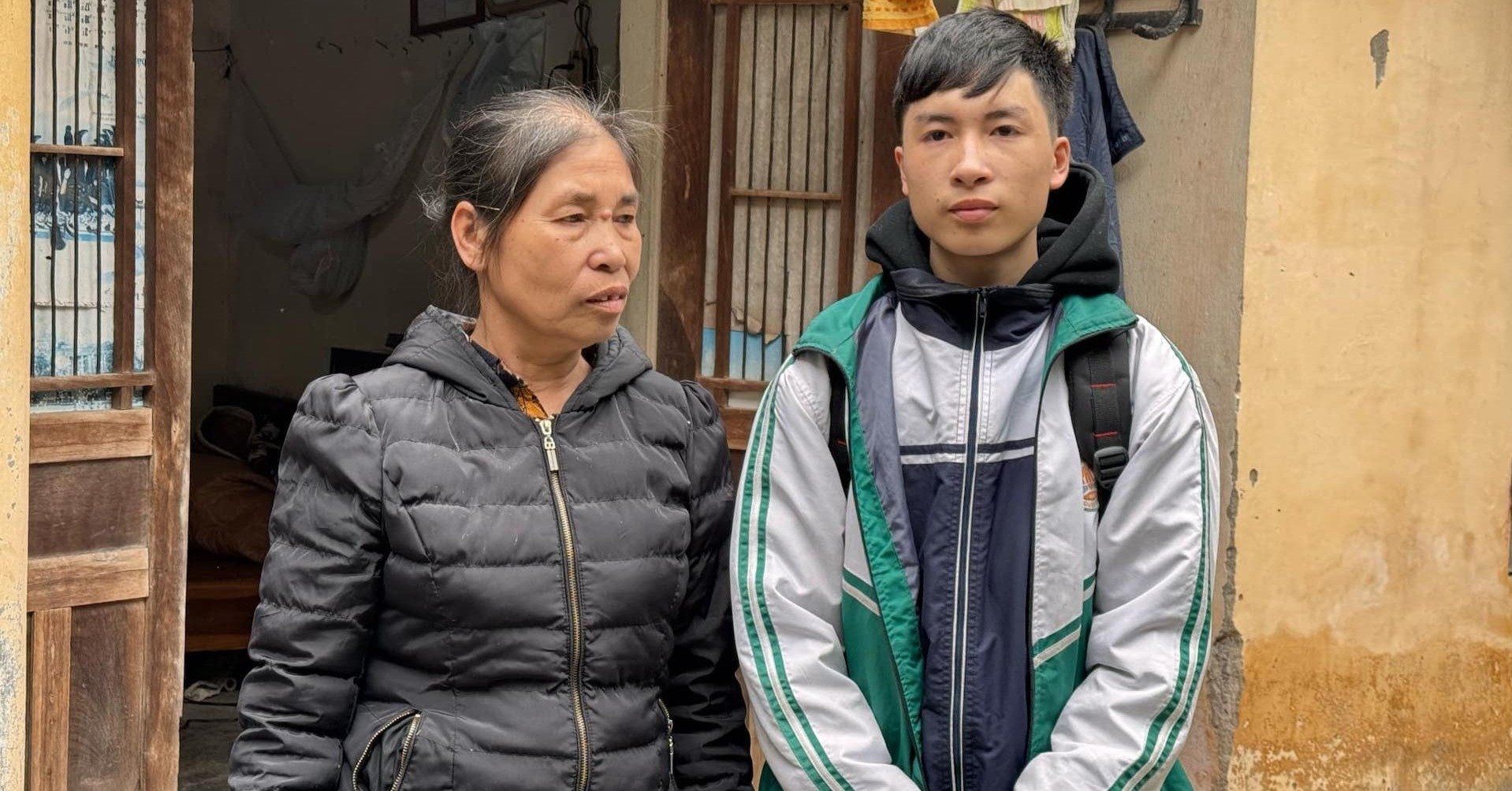









































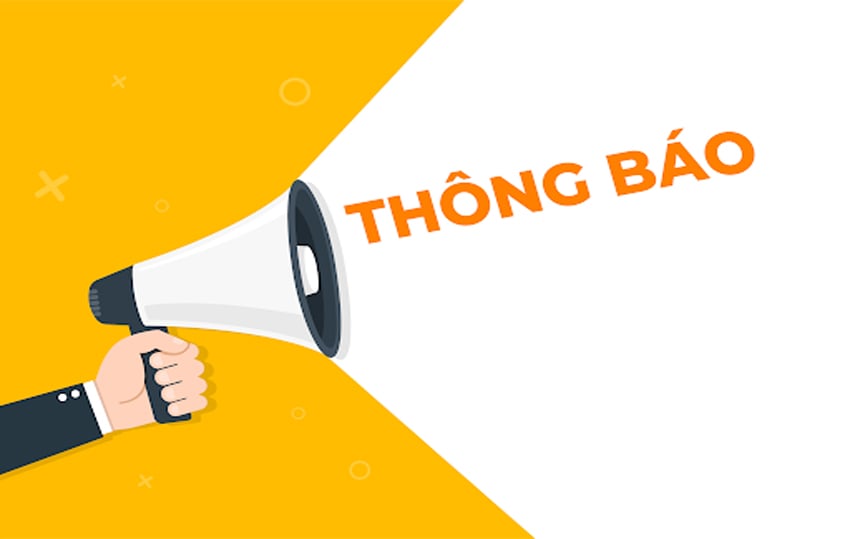


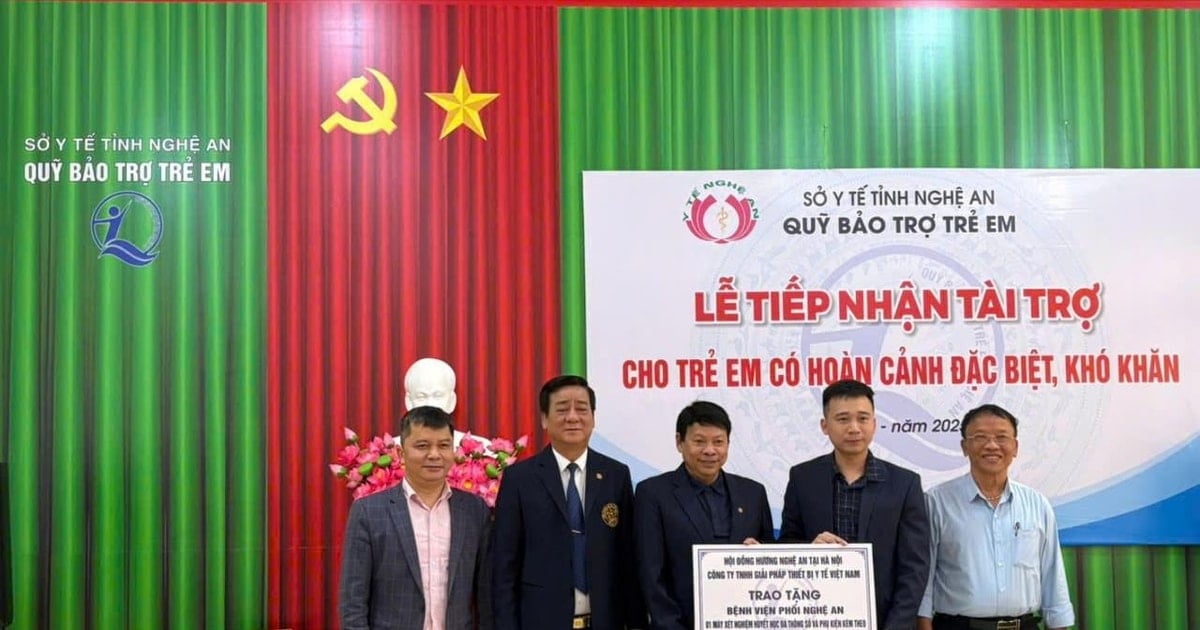





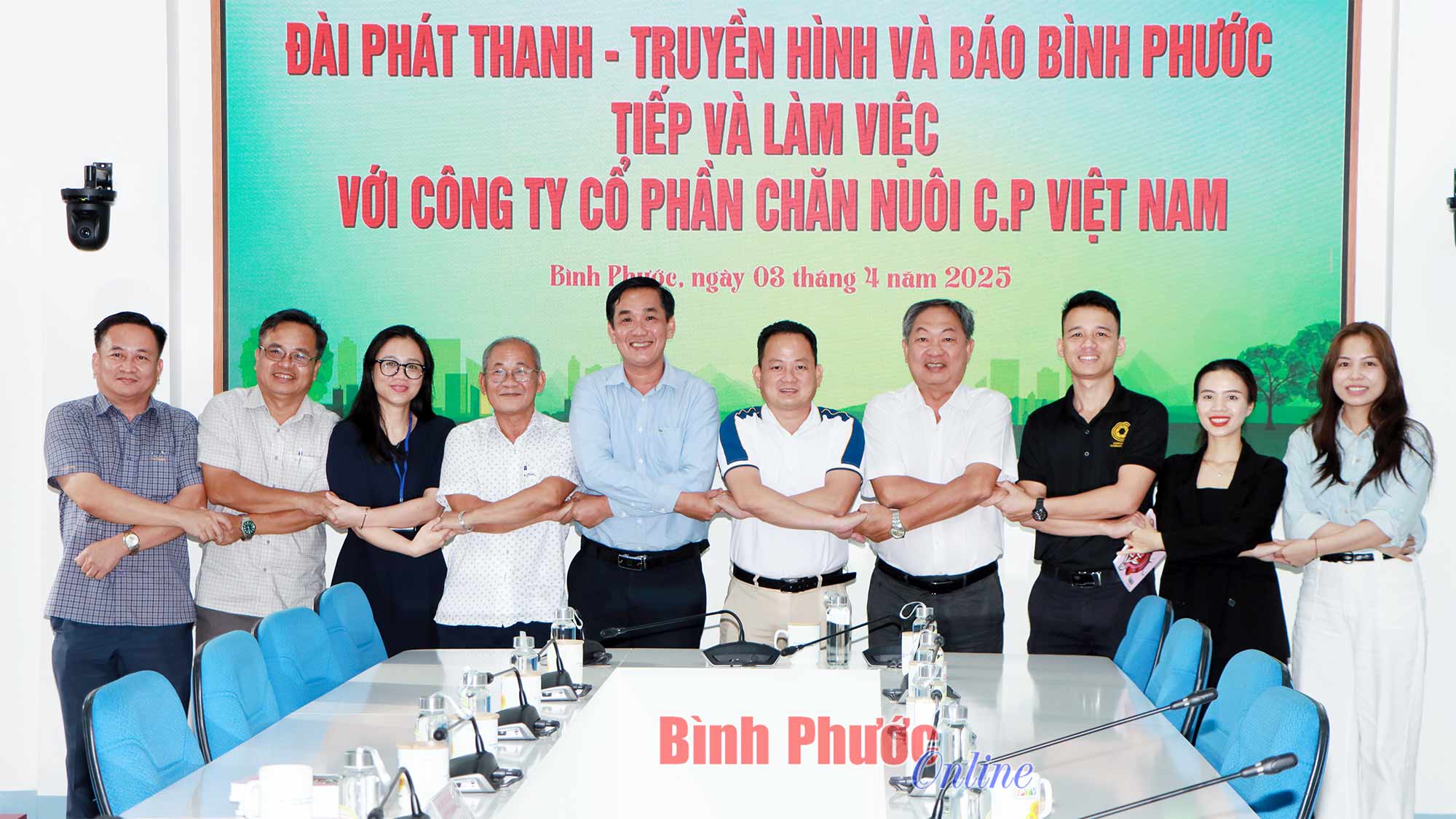
















Comment (0)